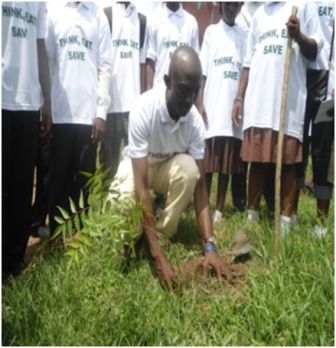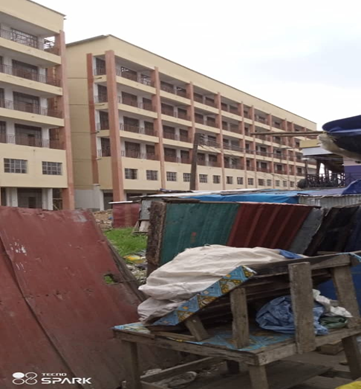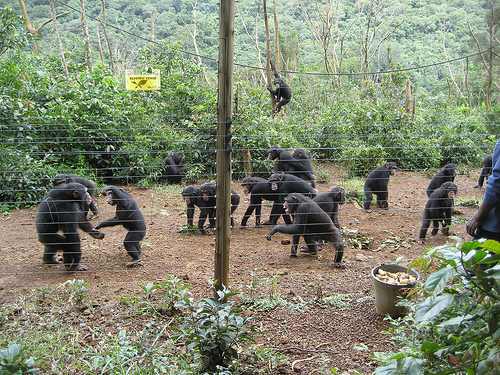Launch of the African Cleantech Association
Green Tech or Clean Tech in the African context is much about the provision of sustainable resources primary to human daily existence, namely energy and water. Coupled with this is also the need to ensure sustainability of these resources, and whilst minimising the impact on the environment.
The global rush for deployment of sustainable technologies and solutions takes on a particular angle in as far as Africa. It has to answer not only for issues relating to global climate change, diminishing or over exploited resources, lack of sustainable development, but also the dire need to address socio-economic objectives.
Clean Technologies include technologies driving renewable energy, water (drinking/potable), wastewater/sewage treatment, and waste recycling. In Africa, the production and processing of biofuels are just one of the sectors will enjoy much of the research, development and investment.
The African Clean Tech Association (ACTA – www.africancleantech.org), to be launched on 24 October 2011, represents the interests of the region’s clean tech industry. ACTA has been set-up to provide a platform to all stakeholders in Africa to join forces in leveraging our assets in creating green jobs and promoting business development. Its mission is to establish a thriving clean technology industry by providing representation, networking and capacity building. ACTA is a networking group for decision makers in wind, solar, biomass, biofuel, coal, nuclear, water treatment and conservation, recycling, carbon, research, government, professional services and angel, venture capital & private equity investors.
“New cost effective solutions such as the provision of affordable education, health care services, telecommunications, bring about significant socio-economic benefits to underserved regions. So does clean technology which can be leveraged to offer marginalised communities the opportunity to superimpose their socio-economic priorities for the benefit of all,” says Suza Adam, who heads up ACTA.
For example communities can engage in the agricultural production of biofuels, and even processing. Yet another example would be the production of activated carbon utilising organic waste.
High tech projects in renewable energy such as solar (CSP, photovoltaic farms) are having very substantial economic impact on peripheral communities. Not the least important is the provision of potable/drinking water, where novel and cost effective solutions can now provide accessibility to such sought-after resource, by hybridizing self-contained system/s whereby the renewable energy component is driving a desalination plant in remote and inhospitable areas.
“For ATCA, African clean tech is not so much about the reduction of green house gases, individual carbon foot print or a transient fashion, but rather an enabling set of tools/technologies to bring about change to the way of life of many economically marginalised communities,” states Adam.
According to Adam, the past year has seen numerous and significant developments in both clean technologies and finance. In the context of the former, more adaptive solutions have been introduced and or proposed where solutions in renewable energy are both more scalable and simplified for operation and maintenance. For example, more efficient wind turbines can now work and can be economically viable in regions with low wind capacity. Yet, gas cycle turbines also enjoy more efficient design and hence lower cost. Technologies that recover heat waste from processing plant are now also being introduced in a cost-effective manner. Not dissimilar to this, the same trend is witnessed in other fields, like waste recycling, sewerage treatment etc for which there are technologies proposing to generate electricity from the very process of effluent treatment.
In finance there has been a shift from general investment fund to more dedicated clean tech funds whose mandate specific to the development of initiatives in the sector and the African geography.
Whilst some of the funds are small others are quite substantial ranging from a US$100 million with one 1 Billion US$ dedicated for biofuel projects. Depending on how project initiatives are defined, it may also enjoy funding support from the more traditional financing houses, such as the Industrial Development Bank and African Development Bank.
For more info:
African Clean Technology Association Ms Suza Adam +27 82 789 9777 www.africancleantech.orgStay with Sierra Express Media, for your trusted place in news!
© 2011, https:. All rights reserved.






